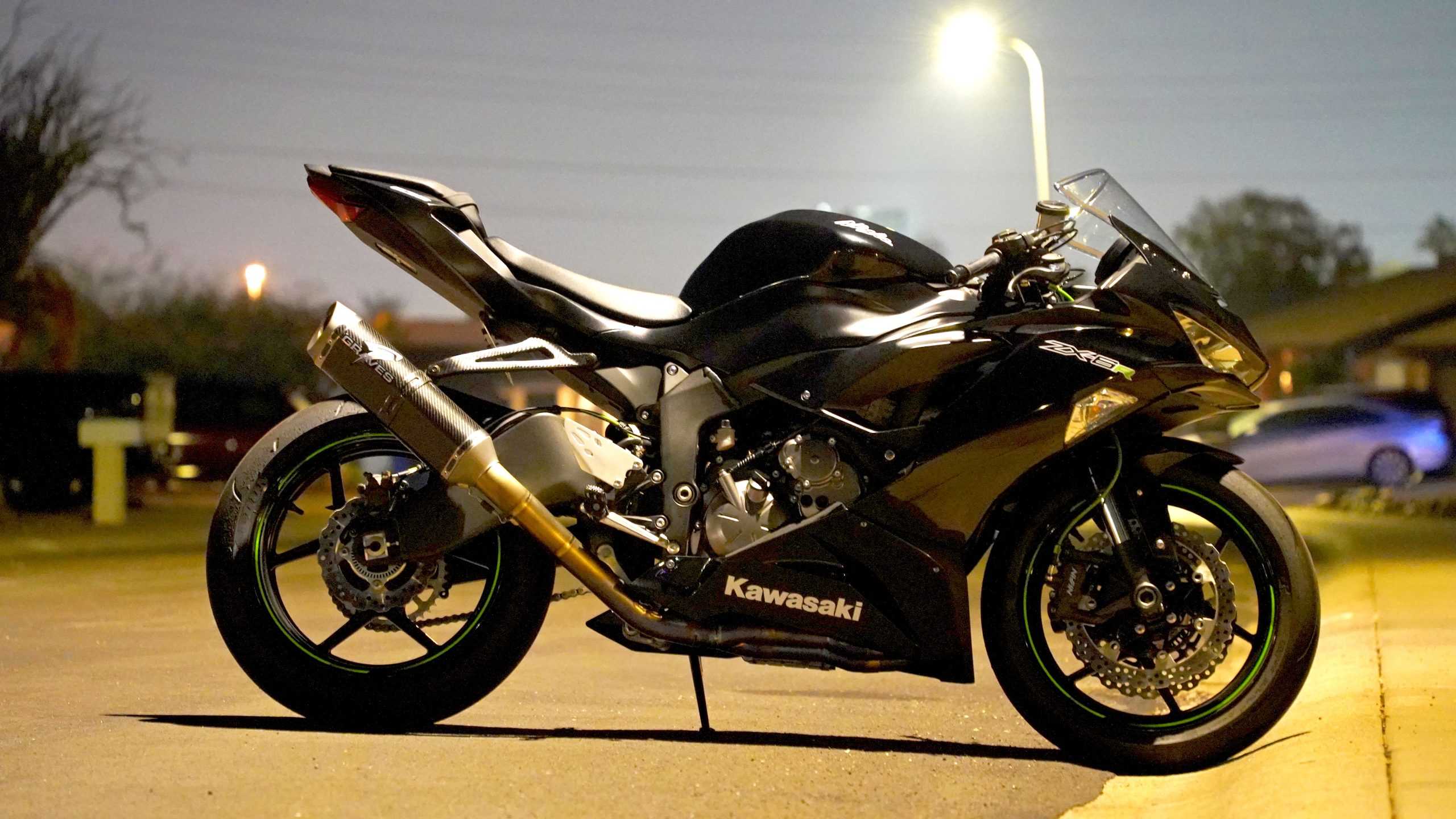Riding Tip: Are Anti-Lock Brakes Worth It?
Last Updated: March 4th, 2024

Anti-Lock Brakes Research
Anti-Lock Brakes. We are massive data nerds at TEAM Arizona. We spend large amounts of time reading studies and analyzing the data, so we can best serve our motorcycling community.
So when the largest study of its kind gets dropped into our laps, we were giddy! And we’re curious if you reach the same conclusions we reached.
THE BACKGROUND
The Insurance Institute for Highway Safety (IIHS) is an independent, nonprofit scientific and educational organization dedicated to reducing deaths, injuries, and property damage from motor vehicle crashes through research and evaluation and through education of consumers, policymakers, and safety professionals.
The most recent study released by the IIHS looked at fatal crash rates for sixty-five (65) motorcycle models utilizing anti-lock braking systems (ABS) during a 7-year period (2013-2019). The big takeaway, according to the IIHS, was that bikes equipped with ABS resulted in 22 percent fewer fatal crashes per 10,000 registered vehicle year. A registered vehicle year is equal to one motorcycle registered for one year.

IS IT THE TECHNOLOGY? THE RIDER? BOTH?
The thing about data is that it can be very tricky to parse out meaningful conclusions. A quick glance can mean coming to an errant conclusion. Often times the details are where the real gold lies and is where we can manifest accurate conclusions to help guide our decision-making.
One element that isn’t readily clear from the data is the quality of the rider. This is not coherently found as an item within studies that we researched. The question we find ourselves asking are the riders who choose motorcycles with ABS:
- Predisposed to less risk-taking
- Better trained riders
- Better educated riders
- Have higher levels of maturity (note: they analyzed age to eliminate it as a factor that could skew results, but maturity is quite a different concept)
For us to reach the conclusion IIHS is reaching (mandatory ABS on all motorcycles), we would need to better understand the above effects. Not that we’re against ABS – it is just that mandating technology upon the industry and end-user is something that should not be taken lightly. Consumer choice and the freedom to buy a bike outfitted the way you like is important. We absolutely promote buying an ABS-fitted motorcycle because we have first-hand experience with its efficacy and supporting rider choice.

CHOOSE FOR YOURSELF
Recently we had a rider at our Advanced Riding Techniques course profess in amazement how quickly he can get his bike stopped after performing our Max Performance Braking exercise. He exclaimed, “I’ve been riding for more than 35 years and have had three bikes with ABS. Not once did I understand how quickly those bikes could get stopped or what it would feel like if I engaged the ABS.”
Braking is one of the four pillars of motorcycling. We put ourselves at a major disadvantage when that pillar isn’t strong and well-developed.
For us this is really the key conclusion. The technology is there to support a rider; it is not the end-all, be-all. The rider must work in conjunction with the technology to maximize their safety. A great way to do that is through training and practicing correct riding techniques. As we like to say, when faced with an emergency that requires max performance braking, would you prefer to fall back on your training or rely upon a hope, wish, and prayer?
For the Entire TEAM Arizona Newsletter Content, CLICK HERE
 Bill Seltzer has been a Motorcycle Safety Foundation RiderCoach since 2003 and a Total Control Advanced Riding Instructor since 2011. He currently serves as the Marketing Director for TEAM Arizona and is a member of the Arizona Strategic Highway Safety Planning committee. Have questions or comments about the article? Email him: Bill@MotorcycleTraining.com
Bill Seltzer has been a Motorcycle Safety Foundation RiderCoach since 2003 and a Total Control Advanced Riding Instructor since 2011. He currently serves as the Marketing Director for TEAM Arizona and is a member of the Arizona Strategic Highway Safety Planning committee. Have questions or comments about the article? Email him: Bill@MotorcycleTraining.com

